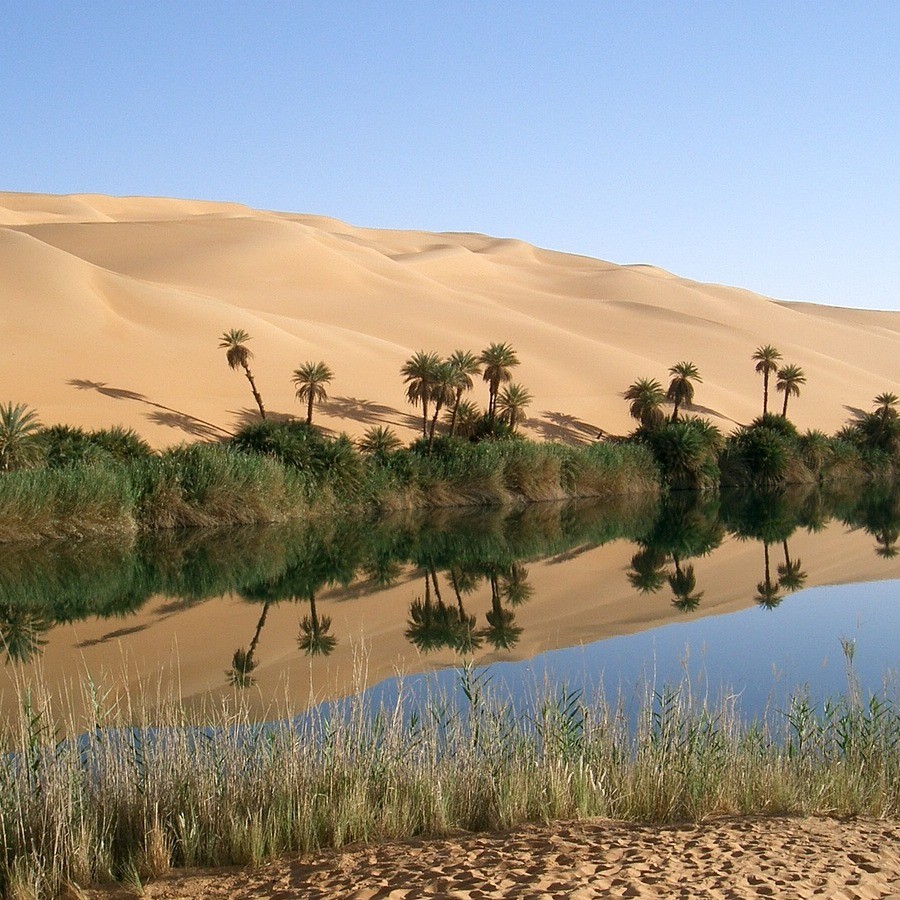Published:

On September 12, the was ravaged by extreme flooding. This disaster was spearheaded by , one of the latest hurricanes to touch down this year. and are still unaccounted for at the hands of the natural disaster. During the storm, two dams in the country’s , sending an exorbitant amount of water to the city.
After the Libyan government requested international aid, the EU gifted the nation about $536,000 in humanitarian . The United Nations have also allocated $10 million dollars to help with the flood response. Many countries, such as Greece, Türkiye, and Bulgaria, were also affected by the storm, but the city of Derna, Libya, received the most severe destruction.
Libya is home to Africa’s largest proven oil reserve, sitting at . The country's has made it a focal point on the international stage for some time now. For perspective, this . Global oil prices climbed tofor the first time in nearly ten months. As we all know, oil is one of the most valuable resources in the world. Therefore, it is no surprise that this storm triggered these sudden spikes in oil prices. Brent crude, a ypically recognized as the world benchmark, increased nearly to an a barrel. This sudden escalation in oil prices is anticipated to fuel a renewed surge in gasoline prices and contribute to inflationary pressures in the United States.
Gas prices across the globe have been on the rise since the.
The national average for regular gasoline increased from , marking a compared to last year. Already grappling with rising living costs, consumers face further financial strain as they contend with increased expenses at the pump. Across the globe in Greece and Bulgaria, gas prices currently sit atand , respectively. The closure of vital Libyan ports, including , in the wake of the storm only exacerbated the global energy crisis. These ports serve as vital channels for oil transportation, and their and contributed to the spike in oil prices.
A similar situation was seen when touched the Gulf Coast, damaging several different refineries and rigs pivotal to the oil industry. Nearly half of all United States gas consumption at the time came from the refineries damaged in the storm. Immediately, the national gas average rose about . For perspective, gas prices took nearlyafter the storm. This shows signs of hopes as Libya recovers from the national disaster.
The situation in Libya and its oil market repercussions underscore the far-reaching consequences of natural disasters and their influence on the global economy. As gasoline prices persistently rise worldwide, closely monitoring the strategies and actions taken to address these challenges is of great interest. Amid adversity, humanity has demonstrated its remarkable ability to come together and rebuild promptly. The ºìÌÒÊÓƵ team will continue to wish all nations affected by Storm Daniel a speedy recovery.
File under